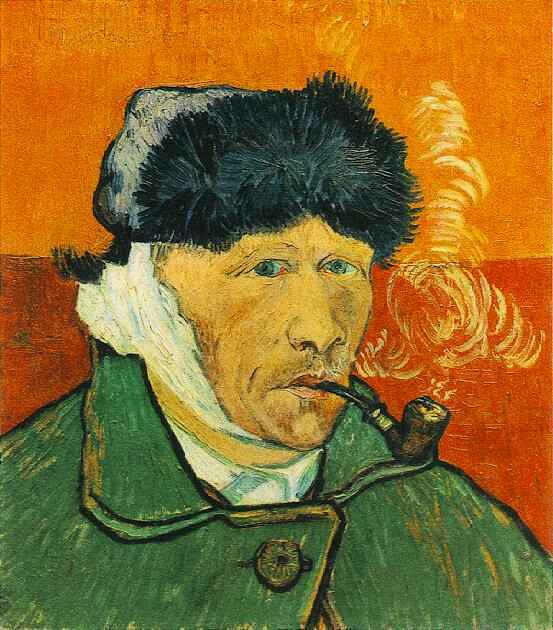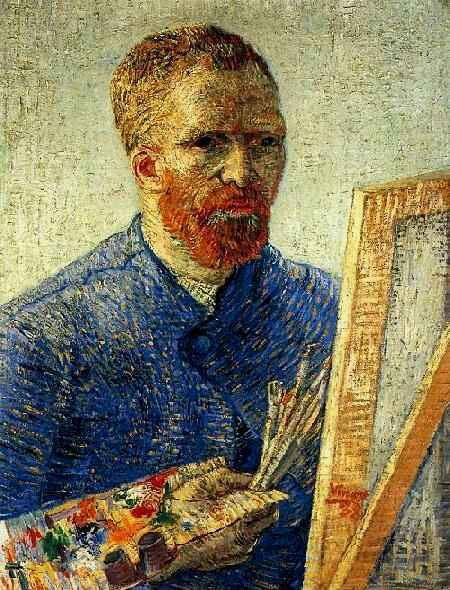
when describing some insights that the film sheds on the subject of character, brooks contrasts the "philosopher's view" of character with the "psychologist's view."
- the first perspective asserts that individuals have certain ingrained character traits that shape who we are and how we act. i am basically a dishonest person or an honest one. i am either compassionate or unsympathetic. one of the life's great tasks is to develop a deep-rooted character of virtue. then, i can be the "hero" who will always do the right thing and win the day.
- in contrast, the psychologist's view suggests that our actual behavior is not driven by specific permanent character traits that consistently apply across contexts. i may be honest in one situation while dishonest in another. i have many different tendencies that may be activated by various circumstances and moods. i am made up of what Paul Bloom calls, "a community of competing selves."
in the midst of this turmoil, max makes a fantastical journey to an island where wild things live. each of the monsters he meets represents a member of his own "community of selves." brooks comments on what the lad discovers on the island:
the philosophers teach that once we achieve virtue, we do virtuous things. However, the view represented here shows that...in the movie, max wants to control the wild things. the wild things in turn
want to be controlled. they want him to build a utopia for them where they won't
feel pain. but in the movie max fails as king. he lacks the power to control his
wild things. the wild things come to recognize that he isn't really a king, and
maybe there are no such things as kings.
that may be one of the clearest statements of the christian's spiritual struggle that i've read—"there is no easy way to command all the wild things jostling inside." i want to think that if i can only be king and rule over them, all will be at peace and there will be no more sadness. but i am not really a king, indeed, there really are no such thing as kings among ordinary humans. the answer is not within us....people have only vague intuitions about the instincts and impulses that
have been implanted in them by evolution, culture and upbringing [and, I would
specify, our sinful nature]. there is no easy way to command all the wild things jostling inside.
however, there is a king outside of us who has overcome the wild beasts (mark 1.12-13), whom god rescued from the mouths of the menacing monsters and raised up in victory over them (psalm 22.6-24).
each and every moment, i look to this one, king jesus, to tame the wild beasts within.
today's van gogh
self-portrait with bandaged ear and pipe








No comments:
Post a Comment